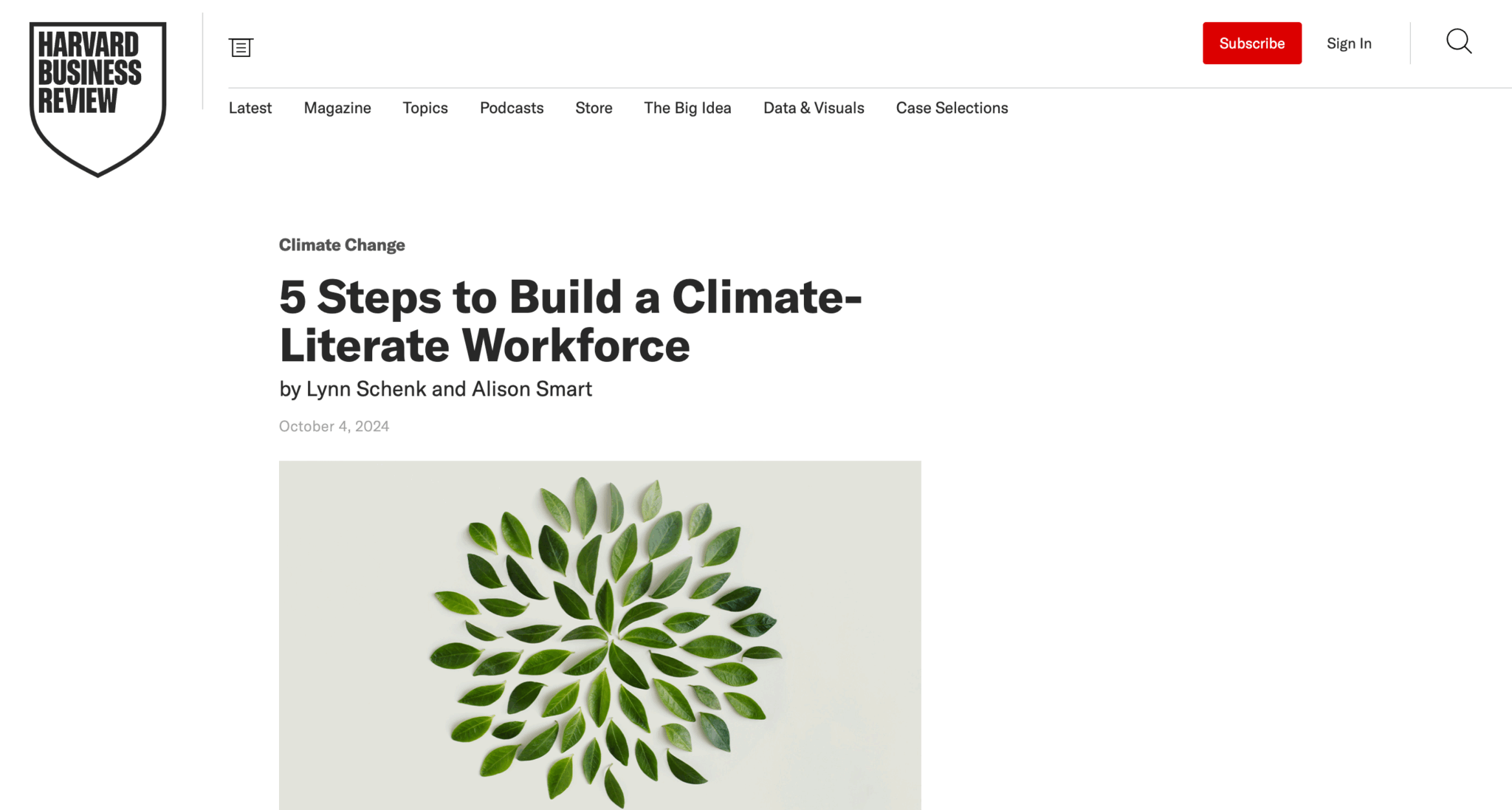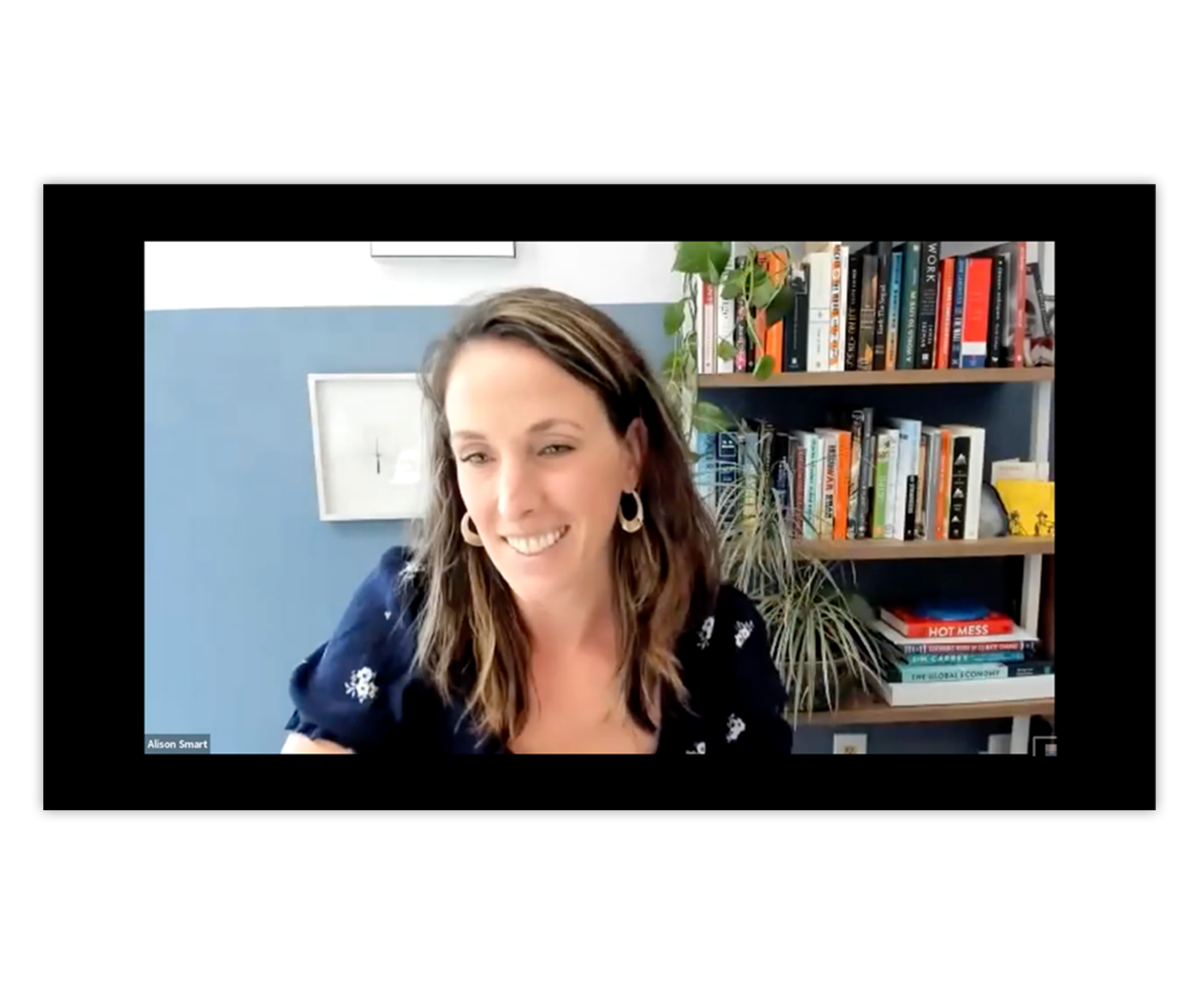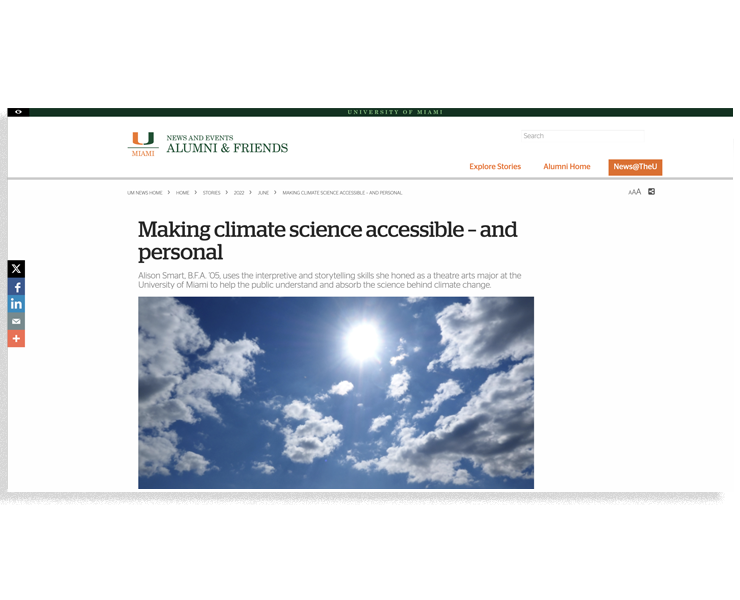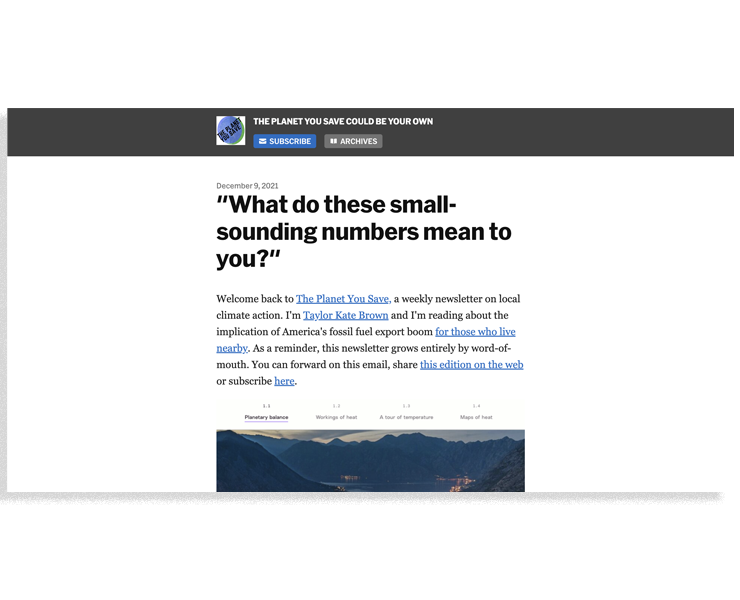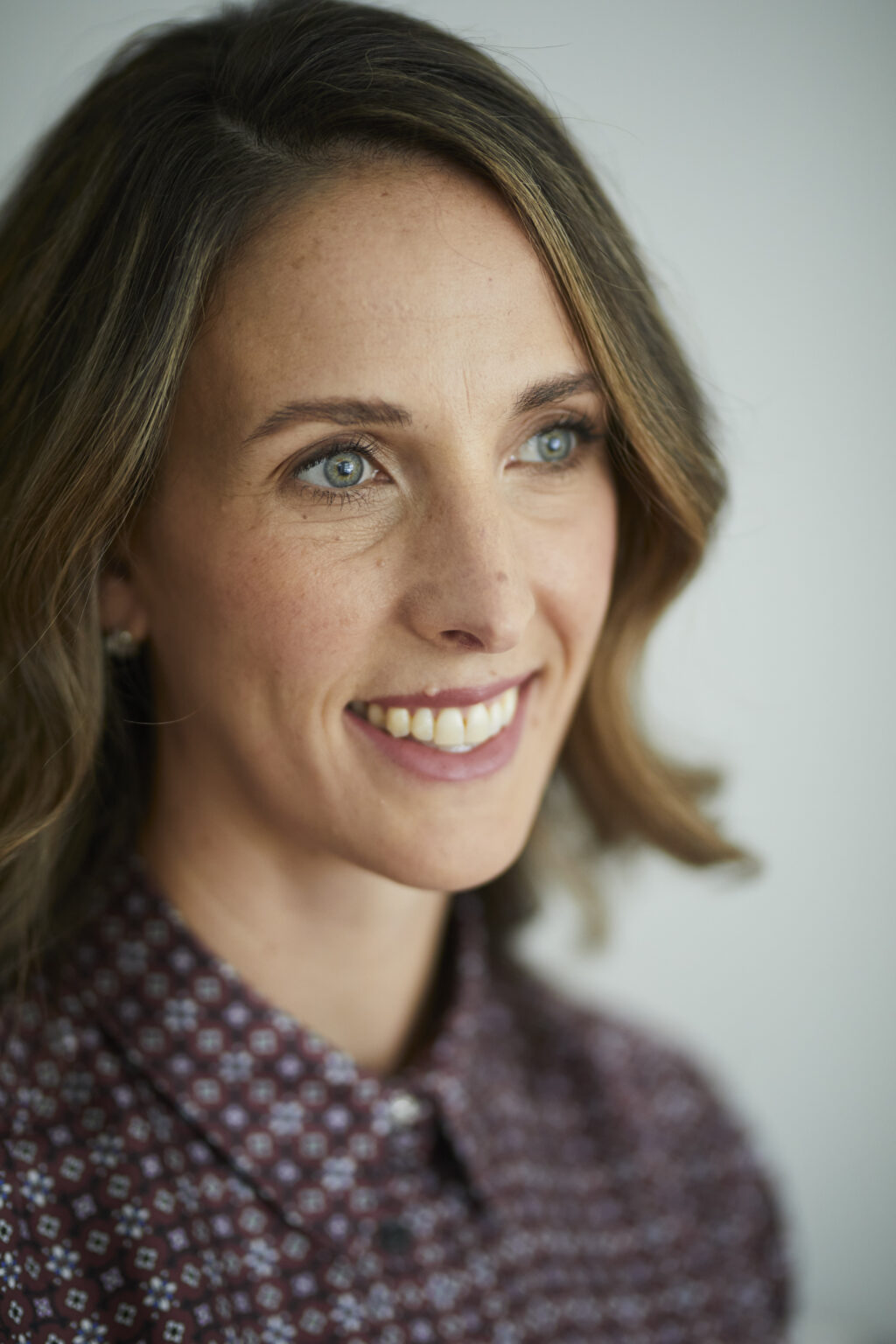Alison Smart came to the issue of climate change after serving in leadership roles at world-class arts and cultural organizations.
When Alison began working on climate change in 2015, she realized that her experience in the arts gave her a distinctive ability to help climate scientists translate their work for public audiences.
Today, as Executive Director of Probable Futures, she is committed to providing opportunities for people around the world to deeply understand climate change and take actions to prepare for and mitigate its impacts. In her role, she convenes leaders across science, design, technology, business, and culture, to develop useful, resonant, and beautiful climate change tools and resources.
Alison’s previous roles have included Vice President for Strategy and Advancement at the Woodwell Climate Research Center and Vice President for Development and Marketing at the New Bedford Whaling Museum. She has also served in several fundraising and community-building roles in south Florida: the Norton Museum of Art in West Palm Beach, Ballet Gamonet in Miami, and the Jerry Herman Ring Theater in Coral Gables. Alison earned a Bachelor of Fine Arts in Theater Arts Management from the University of Miami (FL). In 2023, Alison was named as one of the Grist 50 climate leaders for her work making climate data accessible and meaningful.
In addition to her Executive Director position at Probable Futures, Alison is a Senior Fellow for Communications at Woodwell Climate Research Center, serves as Vice Chair of the Zeiterion Theater, an historic performing arts center in New Bedford, Massachusetts, and is an active member of the BMW Foundation’s Responsible Leaders Network.
Alison lives on the South Coast of Massachusetts with her husband, two children, and their beagle, Evie. When she isn’t helping people to imagine their climate futures, she enjoys listening to and singing along with music, running and hiking, and practicing yoga.
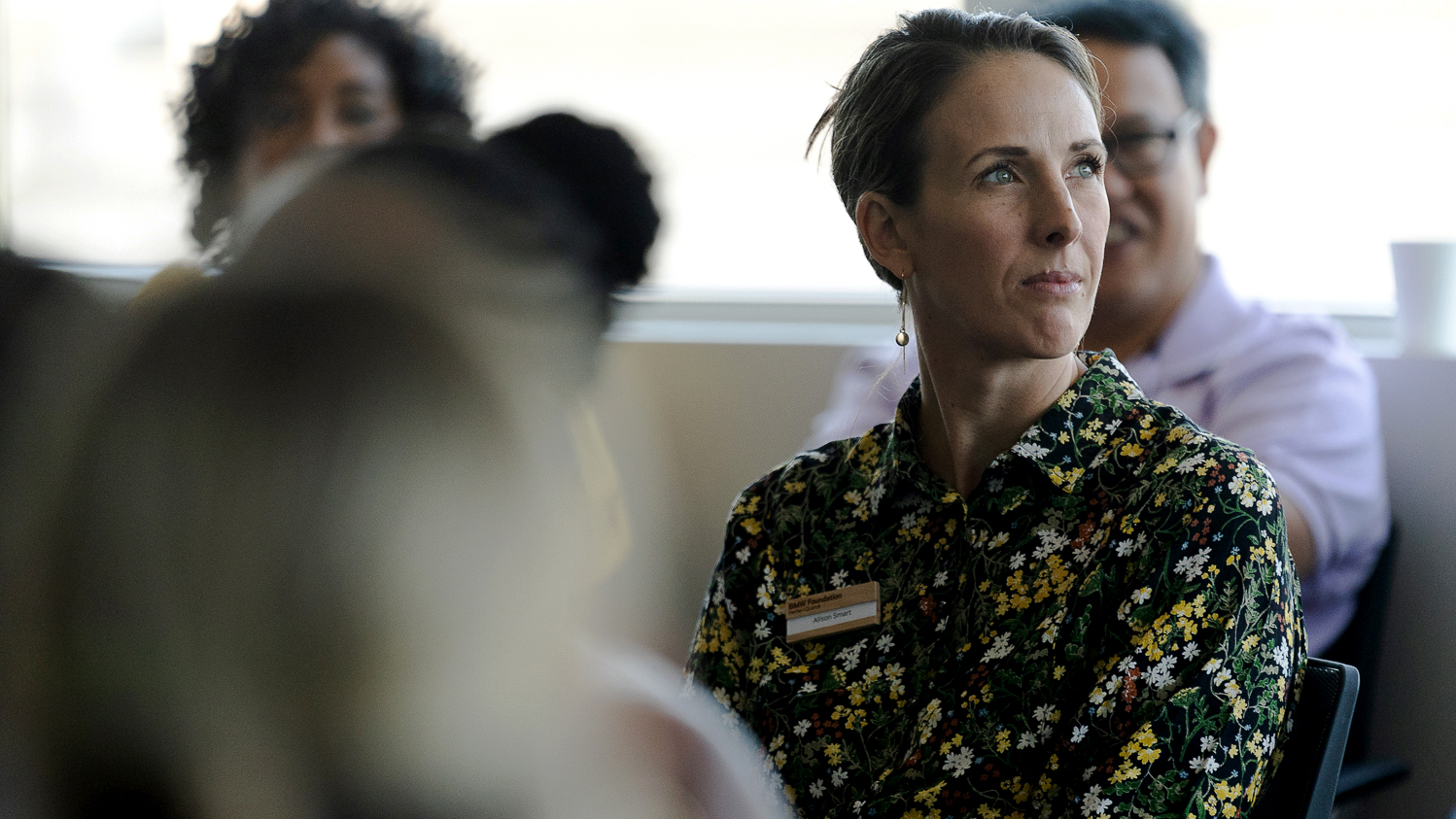
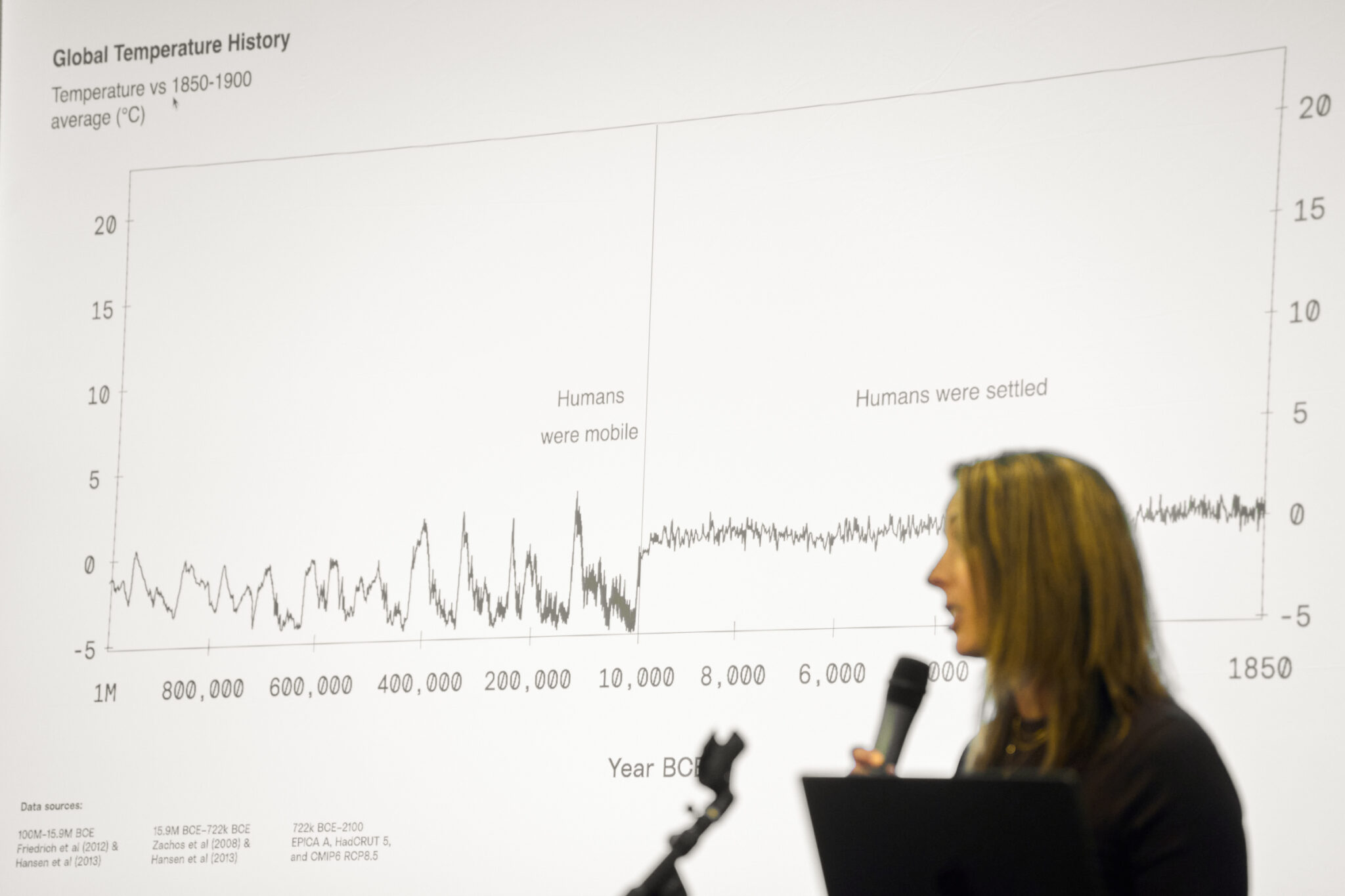
When my colleagues and I launched Probable Futures, our thesis was that we could communicate climate risk in a measured and informed, yet empathetic way and engender conversations about how to accept the amount of climate change that we must live with, prepare for it, and avoid the futures that would bring even further challenges.
